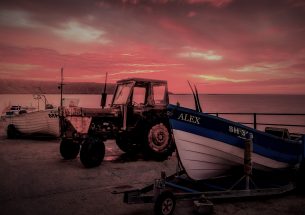News and Opinion
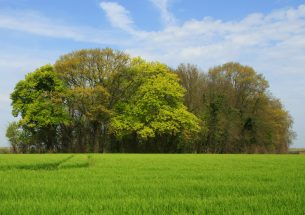
Tiny woodlands are more important than previously thought
READ MORE about Tiny woodlands are more important than previously thought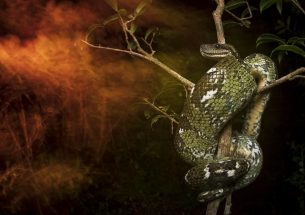
Capturing Ecology – Winning images of British Ecological Society photography competition announced
READ MORE about Capturing Ecology – Winning images of British Ecological Society photography competition announced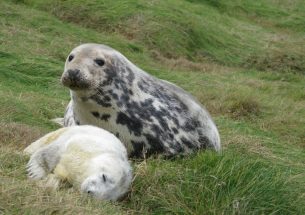
Scientists develop new method to estimate seal breeding frequency
READ MORE about Scientists develop new method to estimate seal breeding frequency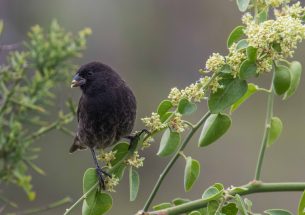
A decade after the predators have gone, Galapagos Island finches are still being spooked
READ MORE about A decade after the predators have gone, Galapagos Island finches are still being spooked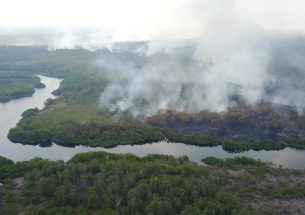
Emerging through the haze: Moving forward to tackle Indonesia’s fire crisis
READ MORE about Emerging through the haze: Moving forward to tackle Indonesia’s fire crisis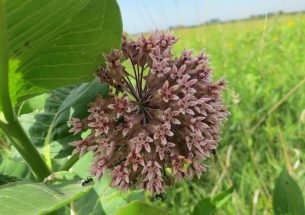
Ant cravings for sugar and salt vary across the U.S.
READ MORE about Ant cravings for sugar and salt vary across the U.S.
Diana Wall awarded President’s Medal by the British Ecological Society
READ MORE about Diana Wall awarded President’s Medal by the British Ecological Society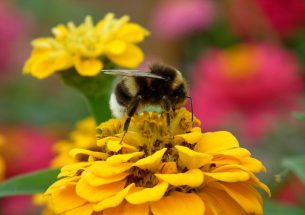
New generation insecticide reduces bumblebee egg laying
READ MORE about New generation insecticide reduces bumblebee egg laying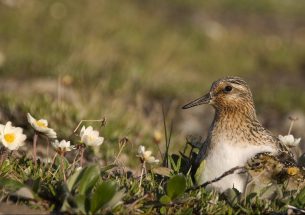
Migratory birds are worse off in West Africa
READ MORE about Migratory birds are worse off in West Africa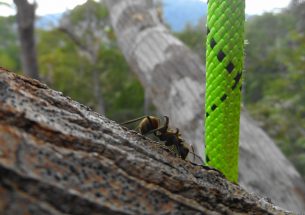
New study finds ants are darker in rainforest canopies
READ MORE about New study finds ants are darker in rainforest canopies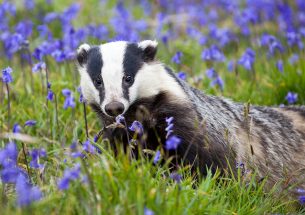
Badger behaviour inside the cull zone
READ MORE about Badger behaviour inside the cull zone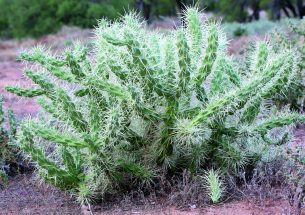
A modelling tool to rapidly predict weed spread risk
READ MORE about A modelling tool to rapidly predict weed spread risk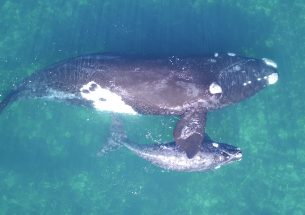
Researchers use drones to weigh whales
READ MORE about Researchers use drones to weigh whales
Private boats in the Mediterranean have extremely high potential to spread alien species
READ MORE about Private boats in the Mediterranean have extremely high potential to spread alien species